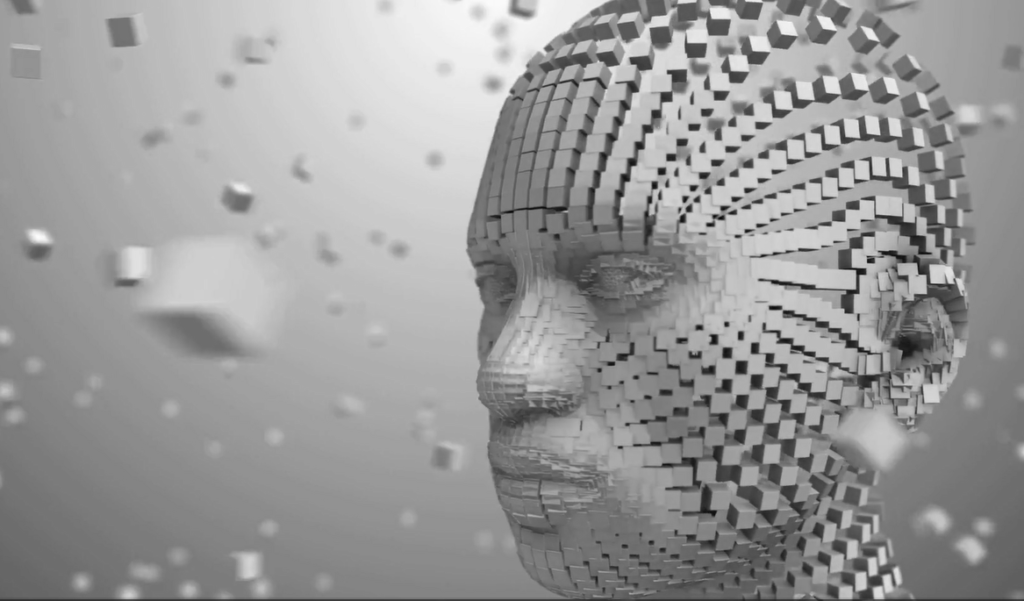The healthcare industry operates at a fast pace, presenting clinicians and staff with numerous challenges that impede their ability to deliver optimal patient care. From juggling overwhelming administrative tasks to navigating complex electronic health records (EHR) systems, healthcare professionals often find themselves overwhelmed, leading to burnout and decreased effectiveness. According to a report, the medical staff burnout rate ranges from 27% to 75% across various medical subspecialties. This, coupled with the increasing demand for healthcare services, staff shortages, and regulatory pressures, highlights the urgent need for AI digital assistants.
In the face of these challenges, AI-powered digital assistants in healthcare are emerging as transformative tools. These advanced solutions promise to streamline workflows, enhance decision-making, and elevate patient outcomes. This article will delve into the obstacles faced by clinicians and staff and how AI digital assistants can leverage their capabilities to augment human expertise.
Challenges Encountered by Clinicians and Staff
- Primary care physicians spend an average of over 36 minutes on health record management per patient, significantly impacting the time available for direct patient care. Tasks like updating schedules and managing documentation contribute to clinician burnout and hinder overall healthcare efficiency.
- The sheer volume of data generated in healthcare settings can make it challenging for clinicians to access relevant information promptly, leading to delays in decision-making and heightened stress levels.
- Coordinating with various departments such as IT, HR, Finance, and Facilities can be time-consuming, requiring multiple follow-ups and prolonged response times.
- Technical issues like password resets and system downtimes can disrupt workflows and decrease productivity, necessitating swift resolutions to minimize the impact on patient care.
- Managing resources, including staff scheduling and facility maintenance, is crucial for seamless operations. However, manual processes can lead to delays and impact patient care delivery.
How AI Digital Assistants Empowered by AI and Automation Can Assist?
AI digital assistants in healthcare offer the potential to automate workflows and provide timely access to pertinent information, enhancing efficiency. A report suggests that the digital assistant market in healthcare is projected to reach USD 7.49 billion by 2029.
Let’s explore how an AI digital assistant can revolutionize healthcare workflows:
-
Instant Responses to Service Requests
AI digital assistants can swiftly address common service requests, such as password resets and status inquiries, leveraging advanced natural language understanding to autonomously resolve issues. For example, a clinician needing a password reset can simply ask the digital assistant, “Reset My Password,” streamlining the process and allowing clinicians to focus on patient care.
-
Real-Time Tracking of Service Requests
Clinicians and staff can monitor their service requests in real-time using AI digital assistants, promoting transparency and reducing the need for follow-up queries. This leads to improved time management and decreased frustration. If a clinician submits an IT support request for a malfunctioning medical device, they can inquire about the request status, receiving immediate updates from the digital assistant.
-
Effortless Knowledge Article Retrieval
AI digital assistants can swiftly search and retrieve relevant knowledge articles to troubleshoot problems. In a scenario where a clinician encounters an issue with new equipment, they can ask the assistant for guidance, facilitating quick access to essential information for seamless issue resolution.
-
Integration with Preferred Platforms
AI digital assistants can be seamlessly integrated into platforms like Microsoft Teams, messaging apps, and voice calls, enabling clinicians to raise requests and receive resolutions without platform switching. This integration ensures that assistance is readily available across various communication channels.
-
Support Across Departments
From IT to HR, Finance, and Facilities queries, the Digital Assistant can handle diverse requests. For instance, a staff member seeking information on their leave balance can receive an immediate response from the assistant, simplifying communication and streamlining interactions with multiple systems.
Empower Your Clinicians and Staff with AutomationEdge’s Digital Assistant CareFlo
AutomationEdge’s digital assistant CareFlo offers instant solutions to service requests, real-time tracking of requests, and efficient troubleshooting capabilities. Integrated into preferred platforms like Microsoft Teams and messaging apps, CareFlo simplifies healthcare workflows, enhancing efficiency for clinicians and staff.
Conclusion
Integrating AI-powered digital assistants into healthcare workflows represents a significant step forward in addressing the challenges faced by clinicians and staff. By automating tasks, streamlining service requests, and providing quick access to crucial information, these assistants boost efficiency, alleviate burnout, and enable healthcare professionals to prioritize patient care. With the growing demand for healthcare services and regulatory pressures, leveraging AI and automation is increasingly vital. Embracing these innovative solutions enhances operational efficiency, paving the way for a resilient and patient-centric healthcare system. AI-powered digital assistants are poised to revolutionize the healthcare landscape, fostering better patient outcomes and a sustainable healthcare environment through enhanced technology interactions.



